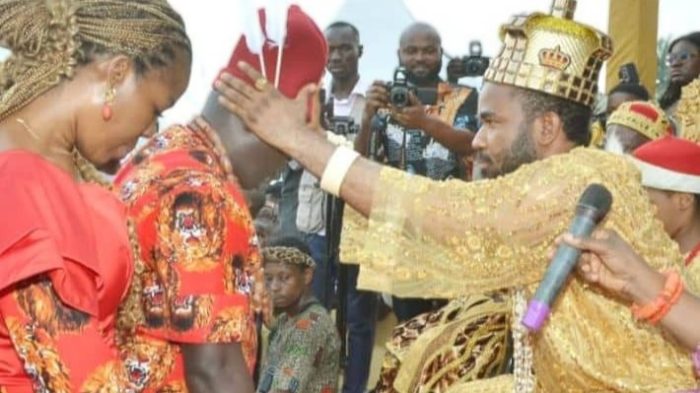Cape Verde also known as Cabo Verde recently have been grabbing the headlines for all positive reasons, at the AFCON, after getting to the last eight of the competition. Here is the reason why the country change its name from Cape Verde to Cabo Verde.
[ad]
The country changed its name in 2013, and minister of Culture for Cape Verde, Mario Lucio de Sousa, highlights the difficulty of frequent translations in diplomatic communications and tourism materials. Seeking a unified global identity, Cape Verde officially requested the change to Cabo Verde in all United Nations languages, excluding the long-form version Republica de Cabo Verde.
The United States approved this change in December, reflecting it in official databases and websites. However, the transition may take time to catch on its international usage, especially here in Nigeria.
The name change signifies more than just a linguistic adjustment. Political leaders and academics stress that a country’s name is a crucial element of its cultural, historical, and economic identity. Cabo Verde aims to become synonymous with its unique offerings, such as organic wines produced from volcanic soils.
Here Five things to know about Cabo Verde;
Colonial Roots: Uninhabited to Portuguese Colony**
– The islands of Cabo Verde, off the West African coast, were uninhabited until colonized by Portugal in the mid-15th century.
– Ribeira Grande, now Cidade Velha, became the oldest European city in the tropics, marking the beginning of centuries under Portuguese rule.
Triangular Trade Hub: Economic Boom and Slave Trade
– Cabo Verde played a pivotal role in the triangular trade, trading European goods for enslaved people, later exchanged for raw materials in the New World.
– The islands’ prosperity grew, and they became known for pano cloths, a valuable currency in the transatlantic slave trade.
Struggles and Decline: Droughts, Wars, and Economic Challenges
– The decline of the slave trade, coupled with recurring droughts, led to Cabo Verde’s economic struggles in the 19th century.
– The capital, Ribeira Grande, faced attacks and ultimately declined, leading to the relocation of the capital to Praia in 1770.
Path to Independence: From PAIGC to Sovereignty
– The African Party for the Independence of Guinea and Cabo Verde (PAIGC) played a crucial role in the fight for independence.
– Cabo Verde achieved full independence on July 5, 1975, after years of armed struggle and negotiations with Portugal.
Name Change: From Cape Verde to Cabo Verde
– In October 2013, Cabo Verde made a historic request to change its official name in all languages, including Portuguese, from Cape Verde to Cabo Verde.
– The change aimed to establish a consistent global identity, emphasizing the country’s preferred name in diplomatic and international relations.
– The United States approved the change in December 2013, reflecting the shift in official documents and databases.
Despite the formal approval, the shift from Cape Verde to Cabo Verde may take time to resonate globally, similar to past instances like the change from Ivory Coast to Cote d’Ivoire. The impact of this decision on the Cape Verdean diaspora, particularly in New England, remains to be seen, as community members express varied levels of awareness and opinion on the matter.
As Cabo Verde takes its place on maps, airplanes, and trade magazines, the nation hopes to redefine itself beyond its historical role as a reference point in the trans-Atlantic slave trade. The archipelago, no longer just a cape, aspires to be known for its picturesque landscapes, warm hospitality, and unique cultural contributions.
[ad unit=2]








